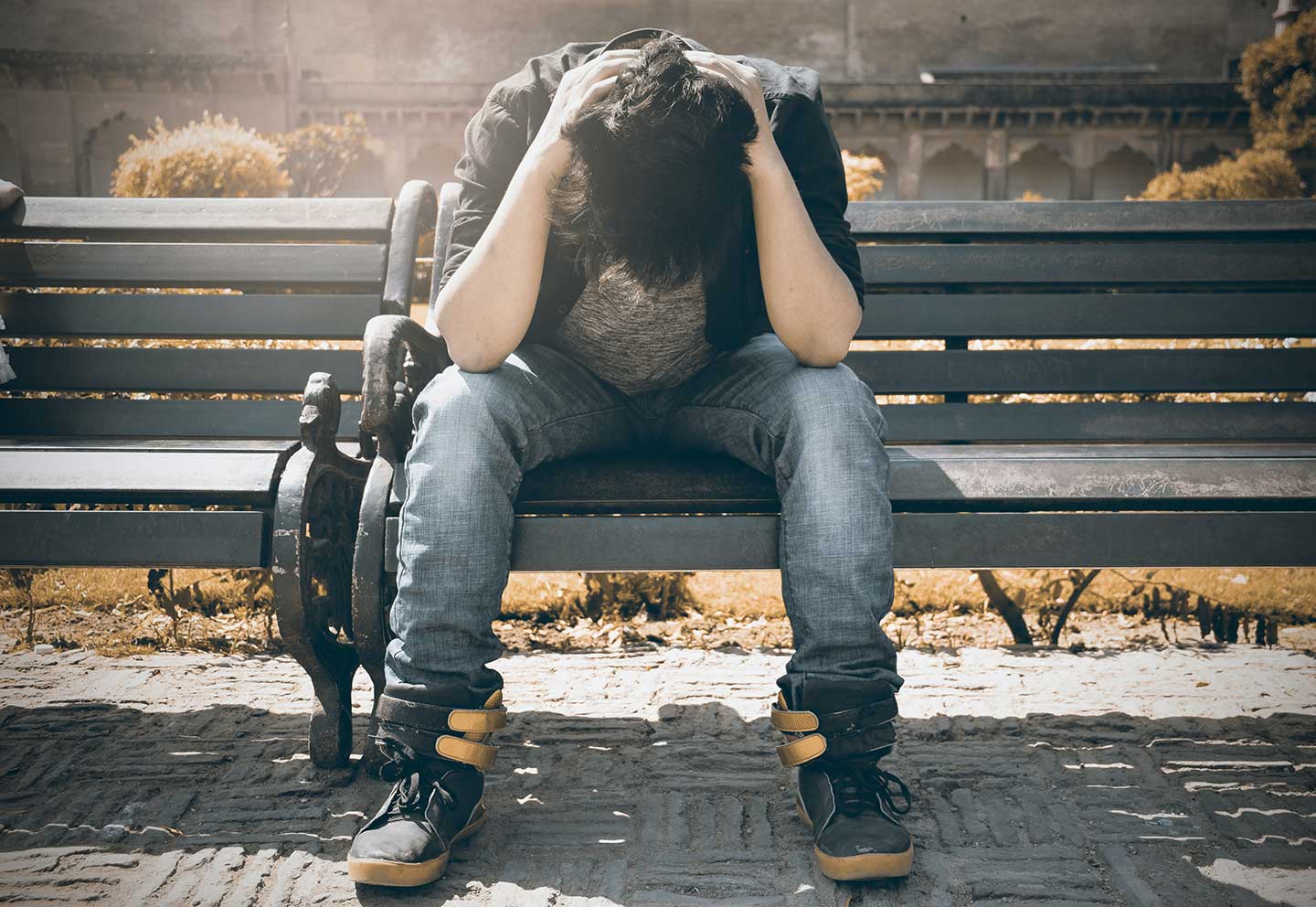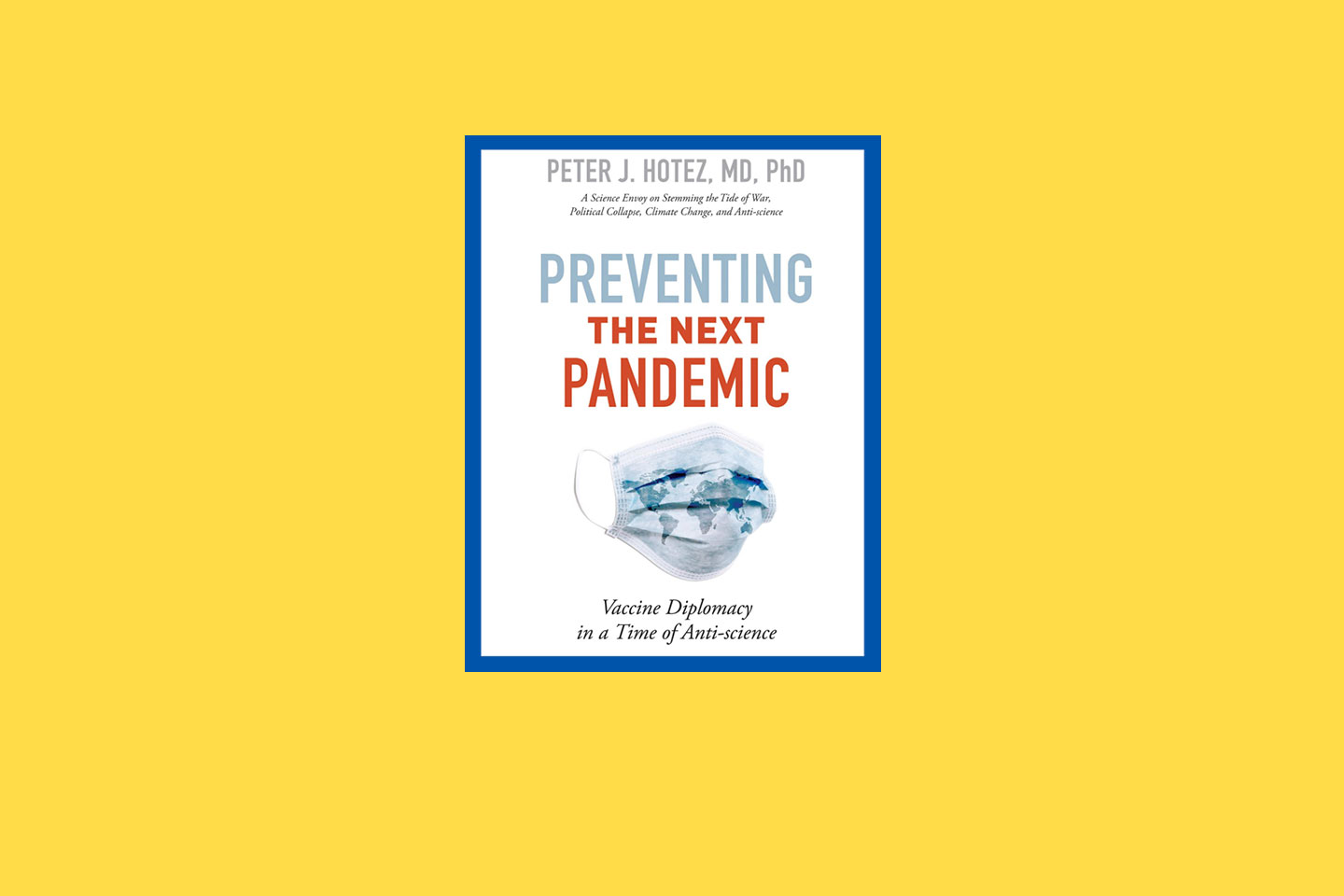Anxiety, depression and insomnia: the impact of COVID-19 on mental health
COVID-19 patients are at an increased risk of being diagnosed with anxiety, depression or insomnia. Here’s a closer look at how the SARS-CoV-2 virus can impact your mental health.
- 25 November 2020
- 3 min read
- by Elinore Court

Recent research has revealed the toll that contracting SARS-CoV-2, the virus that causes COVID-19, can have on your mental health. The study, published in The Lancet Psychiatry, analysed the electronic health records of 69.8 million patients in the United States, which included 62,354 patients diagnosed with COVID-19. Within three months of testing positive, almost 20% of people diagnosed with COVID-19 were then diagnosed with psychiatric disorders, including anxiety, depression or insomnia. One in four of those people had not received a psychiatric diagnosis before. The researchers warned that the results are likely to be underestimates of the actual number of cases.
Researchers from the NIHR Oxford Health Biomedical Research Centre and the University of Oxford Department of Psychiatry, also found that people with a pre-existing psychiatric disorder were 65% more likely to be diagnosed with COVID-19 than those without. The researchers say this finding was unexpected and needs further investigation. In the meantime, they say, having a psychiatric disorder should be added to the list of risk factors for COVID-19.
Sufferers of “long COVID” – who are still experiencing symptoms months after testing positive – also appear to experience mental health issues, which can be triggered by a range of factors including post-traumatic stress disorder (PTSD), lethargy, fatigue and olfactory disorders such as a loss of their sense of smell.
Have you read?
Even for those who have not tested positive, lockdown measures have increased feelings of loneliness, isolation, restlessness and anxiety, as millions of people have been quickly forced to adapt to new realities and make drastic lifestyle changes. According to the Royal College of Psychiatrists, which represents 18,000 psychiatrists in the UK, more people are seeking crisis mental health services as a result of COVID-19.
Pandemics have had a detrimental impact on the mental health of affected populations throughout history. For example, The Lancet reported that outbreaks of the Ebola virus caused “widespread panic and anxiety, depression resulting from the sudden deaths of friends, relatives, and colleagues, and stigmatisation and social exclusion of survivors.” And the Spanish Flu pandemic of 1918-1919 had a long-standing impact on the mental health of survivors as a result of the massive and sudden loss of life which plunged many into a chronic state of helplessness and anxiety.
Even though the link between pandemics and mental health is well-documented and researched, there is still more research needed to fully understand the causes and solutions. Scientists are still examining how COVID-19 affects the brain and the central nervous system to determine how much that plays a role in receiving a diagnosis vs the trauma of suffering with symptoms, and in some cases narrowly avoiding death.









